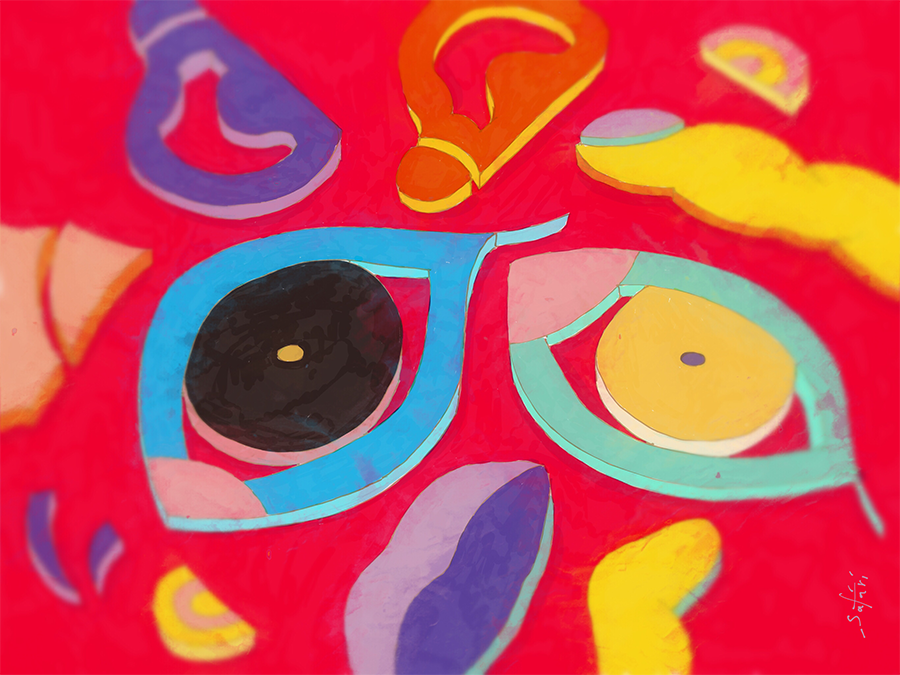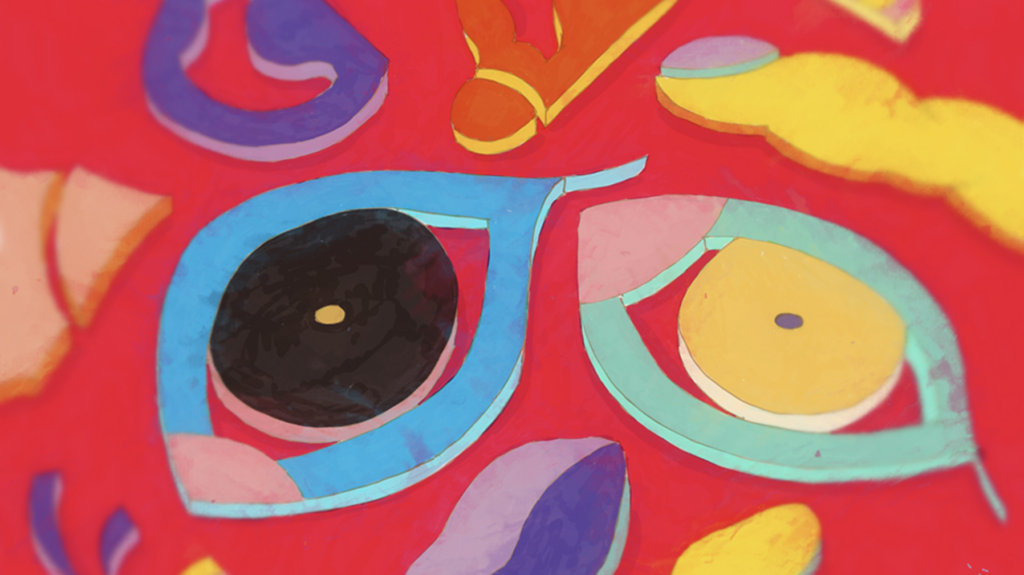Happy New Year EPIC People!
New years, like all human rituals, are an ethnographic marvel. Amid the constant and disinterested motion of the Earth, people use the power of culture and collectivity to galvanize momentous rites of passage. From a cyclonic output of business metrics to intimate habits of well-being, we participate in reckonings and celebrations, reenacting the old and crafting the new.
New years are also moments we’ve created for grappling with the nature of change. In the waning weeks of last year, I was showered with hot takes on the miraculous/apocalyptic ChatGPT. What is this new thing, and how will it change us? Is this new thing even new? Yes, and, of course, no.
Ethnographers tend to meet breathless predictions about new technologies with a keen interest in the cultural theater of it all, but also with a certain amount of eye-rolling. The hopes and fears about algorithmic systems like ChatGPT are sociotechnical phenomena that have been studied for years. De-emphasizing newness can help us mobilize the knowledge we already have: underlying cultural dynamics are remarkably persistent.
But then we need to figure out how to engage with the complexities and often incommensurable particulars of diverse lives. We synthesize essential lessons from our collective legacy; to move forward from there we need to embrace frictions.
At EPIC2022, Kristen Guth tackled the systemic problem of “research amnesia” in organizations that aggrandize what’s new and what’s next. The key “output” of the project was the Book of Insights—but it was not just a catalog or even a synthesis of past work. Research repositories aren’t vessels for enlightenment waiting to be unleashed like a genie from a bottle. Guth’s project also fostered the social conditions for understanding, activating, building on, and transforming what we know in new contexts with new partnerships forged across social difference. Guth argues for “organizational memory as change agent.”
Ruminating about new year rituals, the nature of change, and the year ahead for the EPIC community brought me back to a 2009 article by Maria Bezaitis called “Practice, Products and the Future of Ethnographic Work.” It’s about individual journeys as collective journeys, the shoulders we stand on, and how we move forward. Bezaitis makes propositions for EPIC people that I saw at the heart of our work in 2022:
We need to figure out how to make reuse possible and even necessary.
Over 18 years, EPIC people have shared hundreds of projects on problems and challenges that continually recur across our organization. We mobilize this “community memory as a change agent” when we practice ethnography as a collective, evolving endeavor.
At EPIC2022, violinist and composer Zosha Warpeha beautifully demonstrated that resilience lies in the interplay of tradition and innovation. In their work on blockchain-based algorithmic systems, Kelse Nabben and Michael Zargham brought ethnographic fundamentals to bear on new technologies while evolving ethnography for new field sites and sociotechnical assemblages. Melissa Gregg made an excellent point that reuse must be central to innovation if our companies and products are to be conducive to life itself.
We need to complicate our networks.
At the first EPIC conference in 2005, Kris Cohen asked, “Who Are We Talking about When We Talk about Users?” and Jeanette Blomberg, in “Coming of Age of Hybrids,” explored who “we” are doing the talking. If ethnographers have a reputation for making everything complicated, it’s because our insights and impact are determined by the boundaries we cross and the inclusion we enable. For example, in their EPIC2022 case study, Mithula Naik and Colin MacArthur described “boundary actors” at the Canadian Digital Service—researchers with the cultural agility to explore different ways of seeing and knowing, move beyond discipline-specific identities, and as a result, produce more impact throughout the organization. Karl Mendonca argued that diverse and participatory research alone isn’t enough to address systemic inequity in product design and urges ethnographers to expand our agenda beyond research silos.
We need to learn how to collaborate and how to build collectives.
In 2022 the EPIC community made a powerful statement that resilience is a collective social challenge. For example, Jenny Rabodzeenko and Kelly Costello argued that the myth of individual resilience allows society to abdicate responsibility for incarcerated people, and they call us to action with a set of guiding principles for social resilience. Shakima Jackson-Martinez argued that the “diversity pipeline problem” is another myth that displaces social responsibility, and she calls on organizations to take collective action for inclusive, thriving teams.
EPIC marks each year (the Gregorian ones, anyway) with a new theme. In 2023, Friction gives us a productive and provocative new lens for our work. I’m excited for another year of sharing, learning, experimenting, debating, hard work, and joyful collaboration with this extraordinary community!
Jennifer Collier Jennings, Executive Director
→ Get to know the EPIC Board and Staff
→ Get involved in EPIC—connect with Volunteer Coordinator Jenny Callans
→ Read/watch EPIC2022 on demand
Featured image: Fragments II: Subliminal Colors by Anastasiy Safari (CC BY 2.0) via flickr


